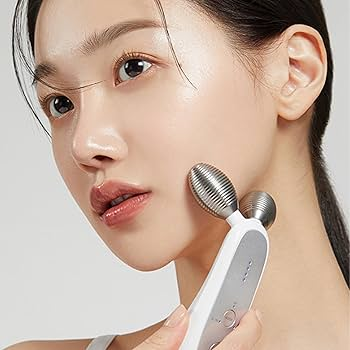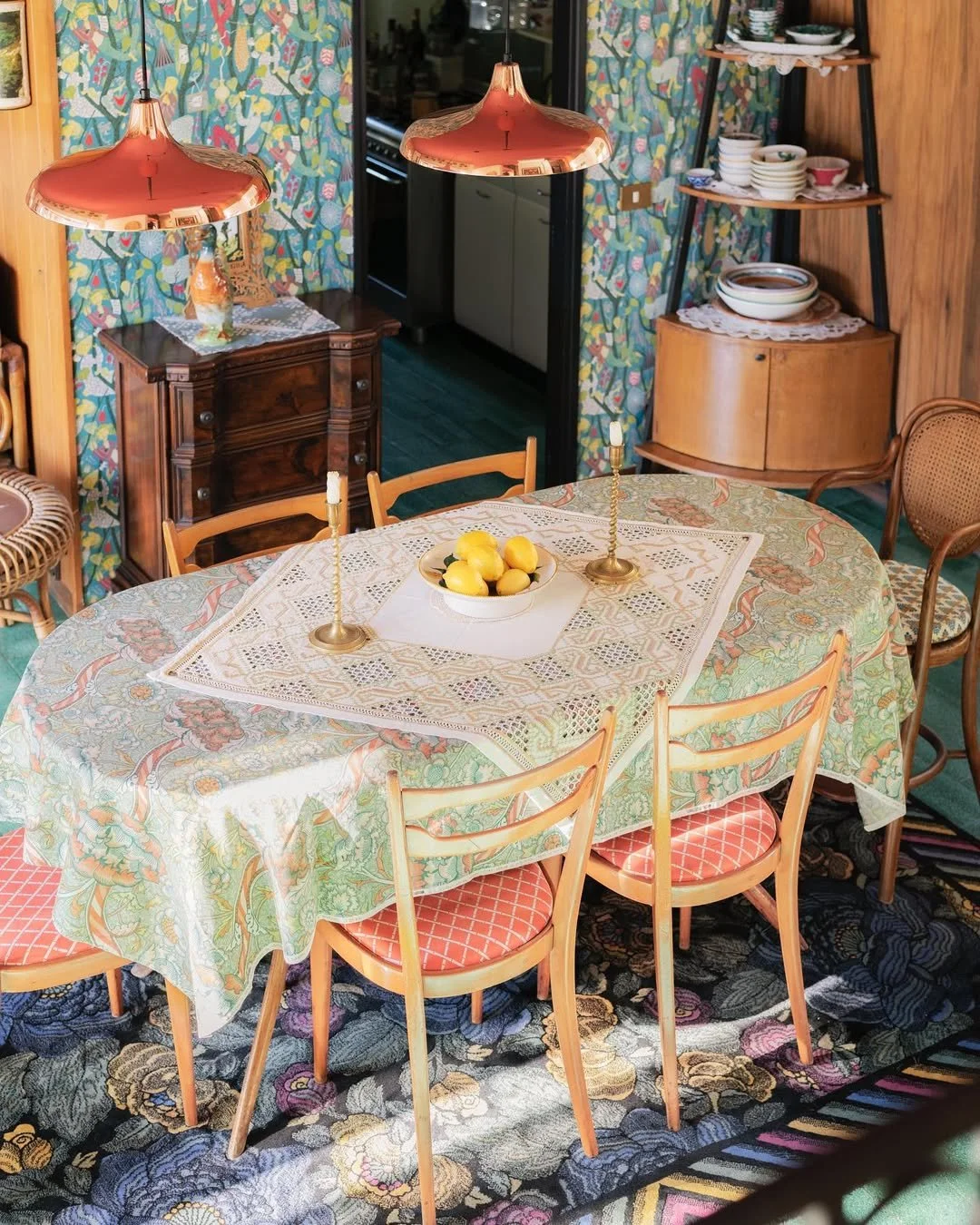The Abundance of Less
Minimalism is often perceived as a lifestyle focused on the bare necessities, discarding excess and living with intention. Yet, as any minimalist will tell you, this approach often results in a series of practices and habits that, while deeply aligned with one's values, might appear unconventional, or even peculiar, to those who are not familiar with the minimalist ethos. For some, the process of embracing minimalism evolves into a set of unique actions that are sometimes difficult to explain. But for those who understand the true essence of living simply, these actions are part of a profound, mindful existence.
A minimalist is a person who values not just the elimination of clutter in their home but also the mental and emotional clarity that comes with careful decision-making in all aspects of life. In their journey, they’ve adopted a series of seemingly unconventional habits that might raise eyebrows. However, for them, these actions serve as the cornerstone of a well-balanced, intentional lifestyle. Here are seven unconventional practices we’ve encountered, which, when taken together, reflect the thoughtful philosophy that guides various minimalist ways of living.
Avoiding Freebies
The Cost of Convenience
The culture of freebies runs deep. From promotional items like branded tote bags to giveaways at events, the enthusiasm surrounding anything free can be overwhelming. However, this minimalist embraces a different approach, rejecting the idea that free items should be collected merely for the sake of having them. For many, the allure of free things is hard to resist, but accepting free items only adds unnecessary clutter to their life.
The real cost of these "freebies" isn't just in the time spent waiting for them, it’s in the long-term consequences of taking on things you don’t need. Free items often become neglected, adding to the clutter in our homes and detracting from the more meaningful possessions we value. For a minimalist, rejecting free items is a deliberate act of restraint, a way to avoid acquiring more "stuff" that will only take up space in the home and ultimately be discarded. It’s a reminder that everything has a cost, even the seemingly harmless giveaway.
Regularly Evaluating Clothing
A Mindful Wardrobe
Minimalism is often associated with a streamlined, carefully curated wardrobe. That process extends beyond the initial purge of clothing. Instead, it becomes an ongoing evaluation of every item in the closet. By consistently assessing their wardrobe each time you select clothing for the day, you can maintain a system of organization that minimizes excess.
This approach ensures that only the most useful, well-loved pieces remain, while items that no longer serve a purpose are donated or discarded. It’s a dynamic process that prevents the accumulation of unnecessary garments and allows for a wardrobe that truly reflects your needs and values. For minimalists, the idea of holding onto clothing “just because” is antithetical to the lifestyle, and maintaining a mindful closet ensures that every piece has a purpose. As they say, fewer but better items create not just a functional wardrobe but a deeper appreciation for each piece.
Frequent Grocery Runs
Letting the Supermarket Store for You
Where many people embark on weekly or bi-weekly grocery shopping trips, a minimalist embraces a more frequent, smaller-scale approach to food shopping. Instead of filling the refrigerator with weeks’ worth of produce and packaged goods, they visit their local grocery store two or three times a week, purchasing only what they will consume in the next few days.
This practice serves several purposes. For one, it keeps the fridge organized and avoids the unpleasant surprise of forgotten food that spoils and must be thrown away. It also helps keep grocery expenses in check, as you’re able to take advantage of frequent sales and discounts on items you use regularly. But beyond practicality, these trips are also moments of personal mindfulness. A walk to the store becomes an opportunity for mental clarity, an unhurried break from daily routines, and a chance to reset before returning to the demands of work or life.
Spending Big on Needs, Saving Small on Wants
Perhaps one of the most paradoxical aspects of minimalism is the approach to spending: a minimalist might have no qualms about investing hundreds of dollars in an essential item, such as high-quality running shoes or professional-grade headphones, while simultaneously passing on a $2 soda or a trendy new gadget. For this to work, the distinction between needs and wants is crucial.
Prioritizing needs means that if an item is essential, whether it’s for health, personal development, or quality of life, it warrants the necessary investment. On the other hand, wants are less deserving of the same level of expenditure. By understanding the value of an item or experience, you’re able to make thoughtful decisions about where to allocate your resources, ensuring that purchases align with your core values and long-term goals. This mindset allows for the enjoyment of the few, meaningful indulgences that truly enhance life, without the unnecessary consumption that often accompanies impulsive purchases.
Avoiding TV Series
The Addiction of Binge-Watching
Another surprising aspect of some minimalists’ lifestyles is their intentional avoidance of TV series and shows. While the world is awash in streaming platforms offering endless content, they prefer to stick to movies or documentaries, which provide a complete, self-contained experience. The reason? The addictive nature of binge-watching.
For many, the allure of a compelling TV show is irresistible, and the draw of watching “just one more episode” can quickly become all-consuming. But for some minimalists, the loss of control over time and priorities that accompanies binge-watching is a significant concern. It interferes with the present moment and detracts from more meaningful, intentional activities. Instead, they choose to engage with content in a way that enhances their life without becoming an overwhelming distraction.
Short, Frequent Walks
The Mindful Break
It might seem strange for a person without a dog to be seen taking short, frequent walks around the neighborhood. Yet, for some minimalists, these walks are an essential part of their daily routine. They serve as regular breaks during the workday, providing time to clear the mind and regain focus. These brief outings, usually lasting between 5 and 15 minutes, offer a mental reset that is just as important for humans as it is for dogs.
Unlike long, uninterrupted stretches of work or study, these short walks create space for reflection, mindfulness, and a deep sense of calm. By embracing this practice, the minimalist you’re able to maintain mental clarity and stay grounded, ensuring that you approach the rest of the day with intention and energy.
Cleaning as a Meditative Practice
For many, cleaning and tidying are chores to be avoided, but for some, they serve as a form of relaxation and mindfulness. The act of cleaning offers not only a chance to declutter physical space but also a mental clearing. It becomes a form of meditation, an opportunity to disconnect from distractions and focus solely on the present moment.
Rather than being viewed as a stressful obligation, cleaning and tidying are seen as a soothing, meditative practice that brings peace to both the environment and the mind. Embrace cleaning during breaks, using it as a mindful ritual that refreshes your space and restores your sense of well-being.
Embracing the Unconventional
While these habits may seem unusual, they reflect a deeper commitment to minimalism that goes beyond simply decluttering one’s home. They are practices that enhance well-being, simplify daily life, and align with a philosophy of intentional living. Each action is a conscious choice, designed to eliminate unnecessary distractions and foster a lifestyle that is both peaceful and purposeful.
In a world that often values excess, the ability to embrace simplicity in such a profound way is not just refreshing, it is revolutionary. By rejecting what is superfluous and focusing on what truly matters, minimalists shows us that sometimes, the most unconventional choices lead to the most fulfilling and meaningful life.
A Global Perspective on Minimalism
The minimalist lifestyle has been gaining traction across the globe, though its expression can vary widely depending on cultural norms and local contexts. For instance, in Japan, minimalism is often linked to the principles of Zen Buddhism, which emphasizes simplicity, mindfulness, and the appreciation of each moment. Japanese design aesthetics, such as the renowned "wabi-sabi" philosophy, also influence minimalist practices, where imperfection and transience are embraced.
Similarly, in Scandinavian countries, minimalism is closely tied to the "hygge" lifestyle, which focuses on creating cozy, uncluttered environments that prioritize well-being and connection over material possessions. The clean, functional designs in Scandinavian homes often serve as reflections of these values, emphasizing quality over quantity.
In these regions, minimalism is not just about decluttering physical space but about cultivating a mindset that permeates every aspect of life, from work to relationships and leisure.
The Environmental and Economic Benefits
Minimalism also has notable environmental and economic benefits, which are becoming increasingly relevant in today’s world. By focusing on purchasing fewer but higher-quality items, minimalists can contribute to reducing the cycle of overproduction and waste that often characterizes mass consumerism. This practice aligns with the growing global movement toward sustainability and responsible consumption, where the emphasis is placed on durability, longevity, and ethical production practices.
On a personal level, minimalism can also lead to significant savings. By purchasing fewer but more intentional items, minimalists may find themselves with more disposable income, which can be redirected toward experiences or investments that bring greater value to their lives. This form of intentional spending ensures that every dollar spent aligns with their values and long-term goals, rather than being consumed by fleeting desires.
The Future of Minimalism
As global challenges such as climate change, urbanization, and digital overload continue to intensify, minimalism’s relevance is likely to grow. More people are seeking ways to simplify their lives, whether by reducing their environmental footprint or minimizing digital distractions. With the rise of the "slow living" movement, minimalism is poised to become not just a lifestyle choice but a means of resistance against the pressures of modern society.
By focusing on quality over quantity, mindfulness over mindlessness, minimalists are shaping a future where simplicity is not just a trend but a meaningful way of life.














